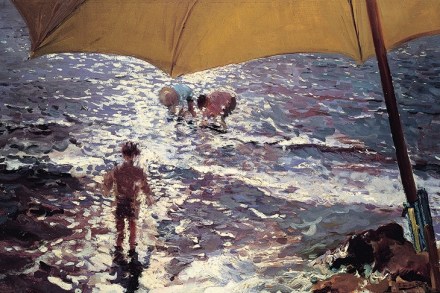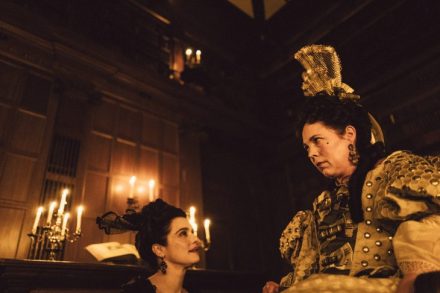Only connect | 14 March 2019
It’s not surprising given the way that electronic communication has taken over so much of our daily business, minimising human contact wherever possible, that podcasting (or what might be called aural blogging) has taken off in such a big way, anything from Griefcast to Love + Radio via The Breakup Monologues and To the Woman. We crave the sound of a human voice talking to us and no one else, and even better when it comes in disembodied form, stripped of all physical expression. This intense aural connection has been radio’s chief selling point since the 1920s, technology enhancing human interaction, the need to tell and listen to stories. Don




















